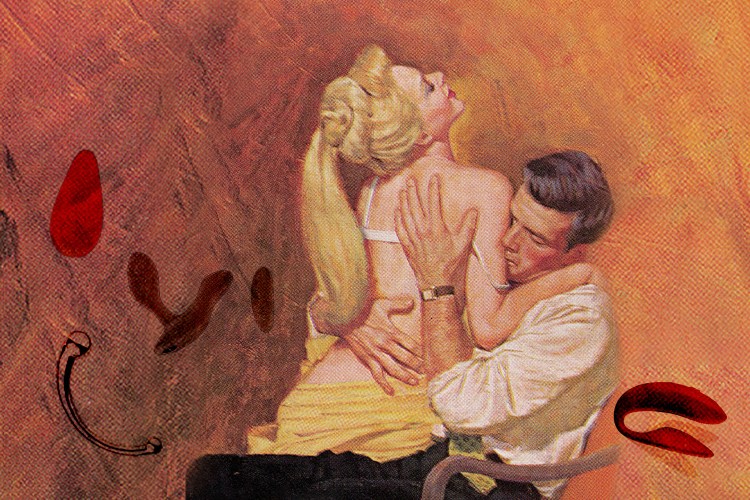Edinburgh’s Fringe Festival is reaching its 70th year, and it is the largest arts festival of any kind in the world. Started as a protest after eight performers were refused permission to perform at the inaugural state-subsidized, highbrow Edinburgh International Festival in 1947, Fringe now hosts enough people to triple the population of the Scottish capital.
The theme of this year’s Fringe is “Art as an act of defiance,” reports The New York Times, but though some say the festival stays true to its anti-establishment roots, others are saying it has become too big and expensive. The festival now has many corporate sponsors, including a financial services company, and many of the performance venues make money from ticket sales and rental fees.
Gridlock becomes common on the cobblestone streets of the once-medieval town, and for many Edinburgers, the festival is a great time to rent out your apartment through Airbnb. But many other locals worry that it is becoming an “open-air museum paralyzed by tourists,” writes the Times.
This year’s festival opened on Aug. 4 and runs through Aug. 28, offering 53,000 performances of 3,300 shows, by companies from 62 countries, the Times writes. There are also unregistered street acts, and many stage venues start in the late morning or well after midnight. One-third of the festivals’ performances are by comics. Only 28 percent of the performances are classified as plays, and even some of those are comics, prompting some people to say the festival has gotten “too funny.”
The Fringe’s rebellious spirit is mostly gone, which prompted a new movement, the Free Fringe. That festival has 500 shows on 50 free stages and it often called the “fringe of the Fringe.”
Many believe that the festival may outgrow the city it started in, and there are many shows where the cast and crew outnumber the viewers, writes the Times.
Richard Demarco, 87, is a producer and academic who claims to have attended all Fringe festivals told the Times: “It’s 70 now. Maybe it’s time for the whole thing to be pensioned off and rethought.”
This article was featured in the InsideHook newsletter. Sign up now.






















